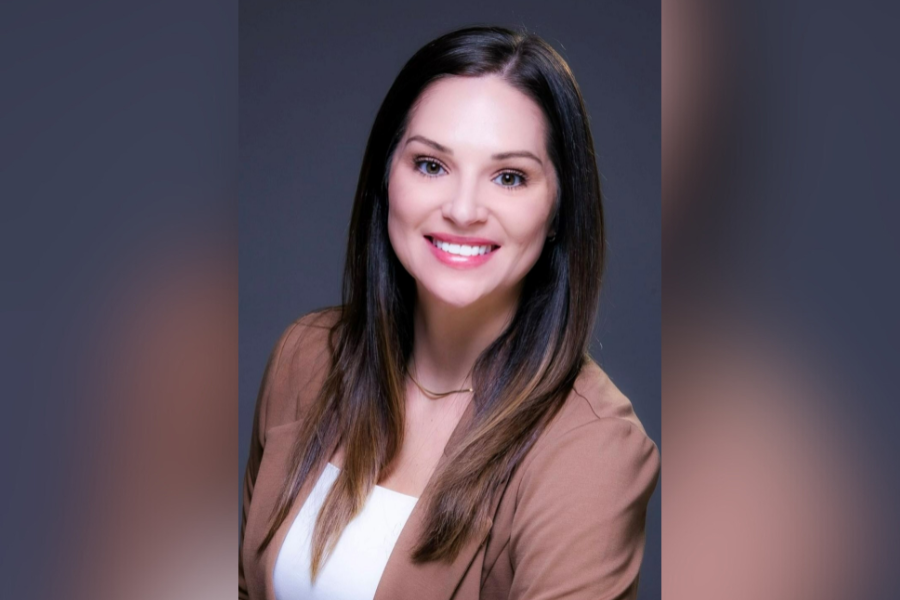

In an age where everyone relies on technology, some prefer to do without. A recent eMoney study found that’s going to be a problem for advisors who aren’t down with tech.
The study found that clients who work with tech-forward advisors — those who rate technology or client portals as very or extremely important and are actively using them in their planning process — experience improved satisfaction, heightened motivation and increased trust toward their advisors.
Similarly, clients working with advisors who use financial psychology fare significantly better than clients working with advisors who are FinPsych-averse.
According to eMoney, only 17% of advisors are implementing both practices. Emily Koochel, manager for financial wellness at eMoney, says the research was based on eMoney’s findings last year.
“What we found in 2022 was that financial advisors found FinPsych to be beneficial to their service offerings,” Koochel said. “So what we wanted to do this year was actually get a little bit more specific and find individual actions that an advisor could take to not only use the technology, but also these tenets of financial psychology.”
Putting the two together, Koochel said, should create better client outcomes, like client satisfaction, loyalty, trust and retention. And as it turns out, they did.
“When we actually put those two together, we saw the greatest and consistent increase in client satisfaction,” she said, adding that clients will be looking to the financial advisors who have technology that builds into personalization.
“We have to tap into this personalization effort," she said. "We have to understand somebody's emotions, attitudes, values towards money and build that into the financial plan; creating that personalization and really putting those two together is what we see as maximizing that.”
Koochel added that the Certified Financial Planning Board of Standards Inc. has included the psychology of financial planning in the CFP exam.
“It's now a required knowledge topic of financial planners,” she said. “As they're testing, they must show proficiency. It makes up 7% of the exam.”
eMoney’s definition of tech-forward, that is, the tool that makes the distinction, is a client portal. While groups who are tech-important and tech-forward give clients access to a client portal, those who are tech-forward actively use their portal and see substantial results. Koochel said that using a client portal also helps clients get organized.
From a consumer perspective, “there's just organization of my life and that can help decrease anxiety, but also being able to use these visualization tools and techniques inside of a technology where I really bring my financial plan to life,” Koochel said.
However, Joel Bruckenstein, president of Technology Tools for Today and producer of the annual T3 conference, doesn’t see client portals as the be-all-and-end-all solution.
“There’s Nitrogen [Wealth] with the risk number and surveys,” he says. “Risk profiling is one way if it's interactive. Money Guide has blocks which are all interactive financial planning. There's a number of different ways gamification can engage folks.”
Bruckenstein added that it’s ultimately up to the young advisors who are managing firms to implement tech in their practices.
“There's already tech-savvy people in a lot of these firms, but right now they may not be the ultimate decisionmaker because there's somebody above them who is older and less tech-savvy,” he said. “As we see that generational shift, and these younger advisors come to be principals in the firm, which we're starting to see already, those firms do embrace technology, and they're much more tech-forward in it.”
As for artificial intelligence making its stride in the industry, Bruckenstein warned there’s still more research that needs to be done.
“AI is a twin-edged sword. I think, eventually, it's going to have a big impact on the industry. It's already starting to, but there's a lot of dangers and there's a lot of regulatory issues that need to be resolved before AI can really come to the floor,” Bruckenstein said.

Relationships are key to our business but advisors are often slow to engage in specific activities designed to foster them.

Whichever path you go down, act now while you're still in control.

Pro-bitcoin professionals, however, say the cryptocurrency has ushered in change.

“LPL has evolved significantly over the last decade and still wants to scale up,” says one industry executive.

Survey findings from the Nationwide Retirement Institute offers pearls of planning wisdom from 60- to 65-year-olds, as well as insights into concerns.
Streamline your outreach with Aidentified's AI-driven solutions
This season’s market volatility: Positioning for rate relief, income growth and the AI rebound
